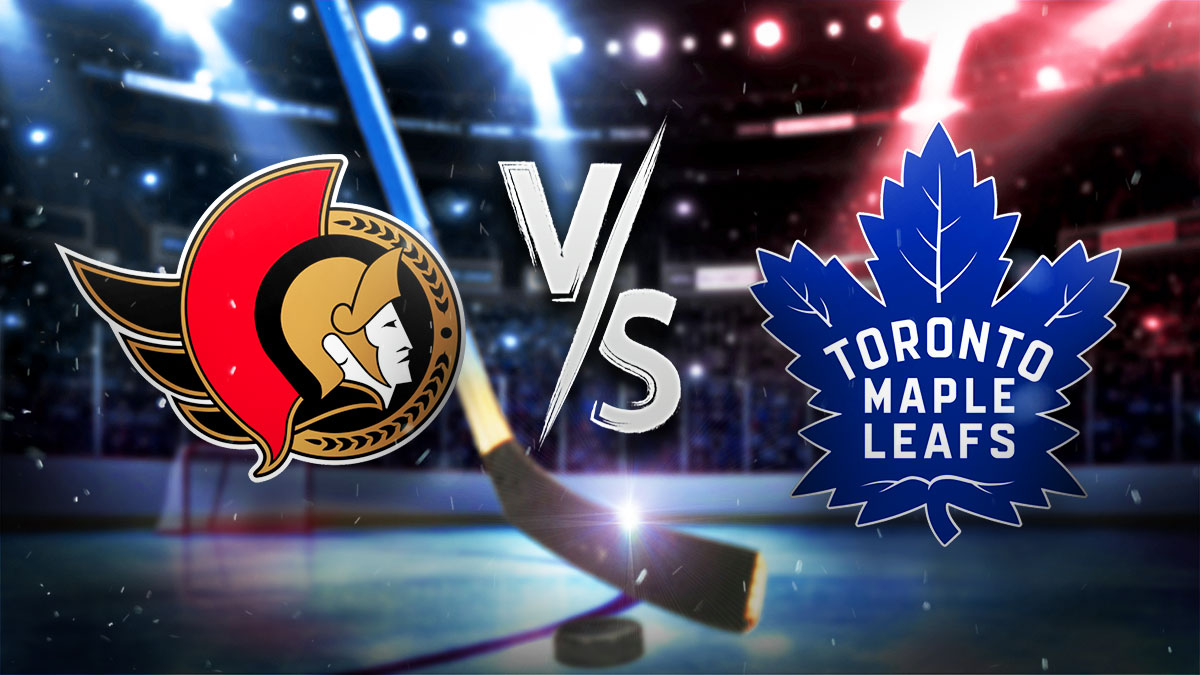FTC's Appeal Challenges Judge's Ruling On Microsoft-Activision Merger

Table of Contents
The FTC's Initial Case Against the Merger
The FTC's initial lawsuit aimed to prevent the merger, arguing it would create a monopoly and stifle competition.
Concerns Regarding Anti-Competitive Practices
The FTC's primary concern centered on the potential for Microsoft to leverage its ownership of Activision Blizzard to gain an unfair advantage, specifically regarding the immensely popular Call of Duty franchise.
- Exclusive Content: The FTC argued that Microsoft could make Call of Duty exclusive to Xbox consoles, significantly harming competitors like PlayStation and potentially driving players to the Xbox ecosystem. This strategy would leverage Call of Duty's massive player base to dominate the market.
- Cloud Gaming Market Dominance: The FTC also expressed worries about Microsoft's control over the burgeoning cloud gaming market. By owning Activision's vast library of games, including Call of Duty, Microsoft could stifle innovation and competition within "cloud gaming market" subscription services, creating a significant barrier to entry for smaller players. This anti-competitive behavior could ultimately harm consumers.
Judge's Decision and Rationale
A federal judge rejected the FTC's request for a preliminary injunction to block the merger. The judge's decision highlighted the lack of convincing evidence demonstrating the merger would lead to substantial anti-competitive effects. The ruling emphasized the competitive landscape and the judge’s assessment of "market dominance."
- Insufficient Evidence: The judge found that the FTC failed to present compelling evidence that Microsoft would actually make Call of Duty exclusive to Xbox, undermining the core argument of the FTC's case. The court acknowledged Microsoft’s commitments to keep Call of Duty on PlayStation.
- Competitive Landscape Analysis: The judge considered the overall competitive landscape, noting the presence of other significant players in the gaming market, suggesting that the merger wouldn't lead to a monopoly.
The FTC's Appeal and Key Arguments
Undeterred, the FTC launched an appeal, focusing on specific legal points of contention.
Legal Grounds for the Appeal
The FTC's appeal challenges the judge's interpretation of antitrust law and the evidence presented during the initial proceedings. The "appeal process" involves rigorous scrutiny of the initial ruling's legal basis and factual findings.
- Misinterpretation of Evidence: The FTC argues that the judge misinterpreted crucial evidence regarding Microsoft's intentions and capabilities regarding exclusive content. They aim to demonstrate the inherent risks of allowing the merger to proceed.
- Challenging Legal Precedent: The appeal also seeks to challenge the judge's reliance on certain legal precedents, arguing for a stricter interpretation of antitrust law in the context of the rapidly evolving gaming industry. The outcome of the FTC’s appeal could significantly shape future "legal precedent."
Potential Impact on the Gaming Industry
The outcome of this appeal will significantly influence the "gaming industry" and its regulatory landscape.
- Mergers and Acquisitions: A successful appeal could significantly increase regulatory scrutiny of future mergers and acquisitions in the tech industry, especially within the gaming sector. This could chill "mergers and acquisitions" activity.
- Innovation and Competition: A ruling in favor of the FTC could enhance competition and innovation within the gaming sector, potentially benefiting consumers through lower prices and a greater diversity of gaming experiences. The potential consequences for “antitrust enforcement” will set a benchmark for similar future mergers.
Potential Outcomes and Next Steps
The appeal process will likely involve further court proceedings and legal arguments.
Timeline and Procedure
The FTC’s appeal's timeline remains uncertain, subject to potential delays inherent within the "appeal process." Key steps include briefing, oral arguments, and the eventual ruling.
- Appeal Upheld: If the appeal is successful, the merger could be blocked or subjected to further conditions.
- Appeal Dismissed: If the appeal is dismissed, the Microsoft-Activision merger will likely proceed as planned.
- Settlement: There's a possibility that Microsoft and the FTC might reach a settlement to resolve the dispute, avoiding a lengthy and costly appeal process.
Implications for Future Mergers
The outcome significantly impacts future "merger regulations" and "antitrust enforcement" across the tech industry.
- Increased Scrutiny: A successful FTC appeal would likely lead to increased regulatory scrutiny of large technology mergers and acquisitions, particularly in sectors with significant network effects, like gaming.
- Valuation of Gaming Companies: The outcome will also influence the valuation of gaming companies, potentially affecting future investment decisions and the overall market dynamics.
Conclusion
The FTC's appeal against the Microsoft-Activision merger represents a pivotal moment for antitrust enforcement and the gaming industry. Both sides have presented compelling arguments, and the outcome will significantly shape the future of "antitrust enforcement" and the competitive landscape. The FTC's appeal’s ramifications extend far beyond this specific deal, influencing future mergers and acquisitions within the tech industry. Stay informed about the developments in the FTC's appeal challenging the Microsoft-Activision merger. This case will significantly shape the future of antitrust enforcement and the gaming industry. Continue to follow this space for updates on the FTC's appeal and its implications for the Microsoft-Activision deal.

Featured Posts
-
 Rays Vs Padres Complete Sweep On Fm 96 9 The Game
May 15, 2025
Rays Vs Padres Complete Sweep On Fm 96 9 The Game
May 15, 2025 -
 Military Discharge Of Transgender Sergeant Sparks Outrage
May 15, 2025
Military Discharge Of Transgender Sergeant Sparks Outrage
May 15, 2025 -
 San Diego Padres Opening Series Details And Sycuan Casino Partnership
May 15, 2025
San Diego Padres Opening Series Details And Sycuan Casino Partnership
May 15, 2025 -
 Analysis Pbocs Reduced Yuan Support And Market Reactions
May 15, 2025
Analysis Pbocs Reduced Yuan Support And Market Reactions
May 15, 2025 -
 Senators Vs Maple Leafs Expert Predictions And Betting Odds For Game 2 Of The Nhl Playoffs
May 15, 2025
Senators Vs Maple Leafs Expert Predictions And Betting Odds For Game 2 Of The Nhl Playoffs
May 15, 2025
